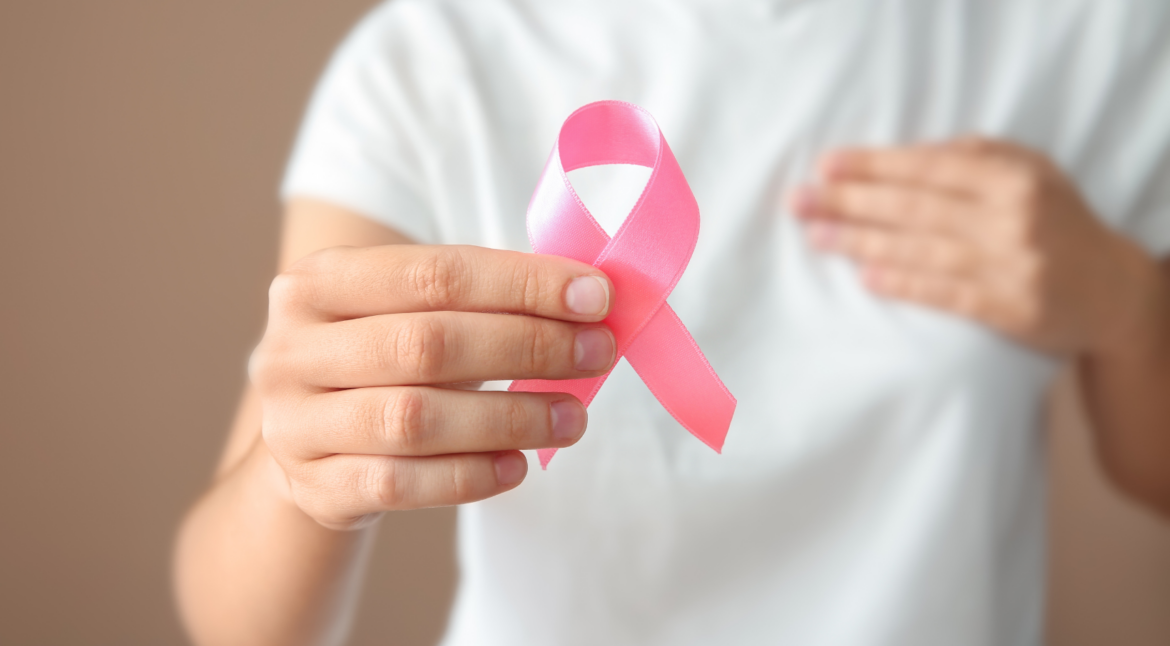Nutrition plays a crucial role in cancer care by supporting overall health, boosting immunity, and improving treatment outcomes. Whether caring for yourself or guiding others, adopting a balanced and nourishing diet can make a significant difference.
1. Focus on a Balanced Diet
- Include a Variety of Foods: Incorporate fresh fruits, vegetables, lean proteins, whole grains, and healthy fats.
- Choose Plant-Based Foods: Emphasize vegetables, beans, nuts, seeds, and whole grains for their fiber and nutrient content.
- Limit Processed Foods: Reduce intake of sugar, salty snacks, and foods with artificial additives.
2. Stay Hydrated
- Drink plenty of water throughout the day.
- Opt for herbal teas or clear broths if water feels unappealing.
- Avoid sugary drinks and limit caffeine, which can lead to dehydration.
3. Manage Side Effects with Nutrition
Cancer treatments often cause side effects like nausea, loss of appetite, or taste changes. Use these tips to manage them:
- For Nausea: Try small, frequent meals and ginger-based drinks.
- For Loss of Appetite: Choose nutrient-dense foods like smoothies, nuts, or protein shakes.
- For Taste Changes: Experiment with herbs and spices to enhance flavor.
4. Focus on Protein
Proteins are vital for healing and maintaining strength. Include:
- Lean meats like chicken or turkey.
- Plant-based proteins such as lentils, tofu, and chickpeas.
- Dairy products like yogurt or cheese, if tolerated.
5. Boost Energy with Healthy Fats
- Incorporate avocado, olive oil, nuts, and seeds for calorie-dense, healthy fats.
- Avoid trans fats and reduce saturated fats.
6. Support the Immune System
- Include immune-boosting foods like citrus fruits, spinach, garlic, and turmeric.
- Eat probiotic-rich foods like yogurt or kefir to promote gut health.
7. Tailor Nutrition to Individual Needs
Each cancer journey is unique, so consider these aspects:
- Work with a dietitian for personalized meal plans.
- Adapt meals to specific treatment plans and preferences.
- Listen to your body and adjust portions as needed.
8. Encourage Emotional Well-being
- Share meals with loved ones to foster emotional support.
- Encourage a stress-free eating environment to enhance digestion and satisfaction.
Final Thoughts
Nutrition during cancer care is not just about maintaining physical strength but also about improving quality of life. For yourself or others, focus on a varied, nutrient-rich diet and provide emotional support alongside practical advice. Always consult healthcare professionals for tailored guidance to meet individual needs effectively.




